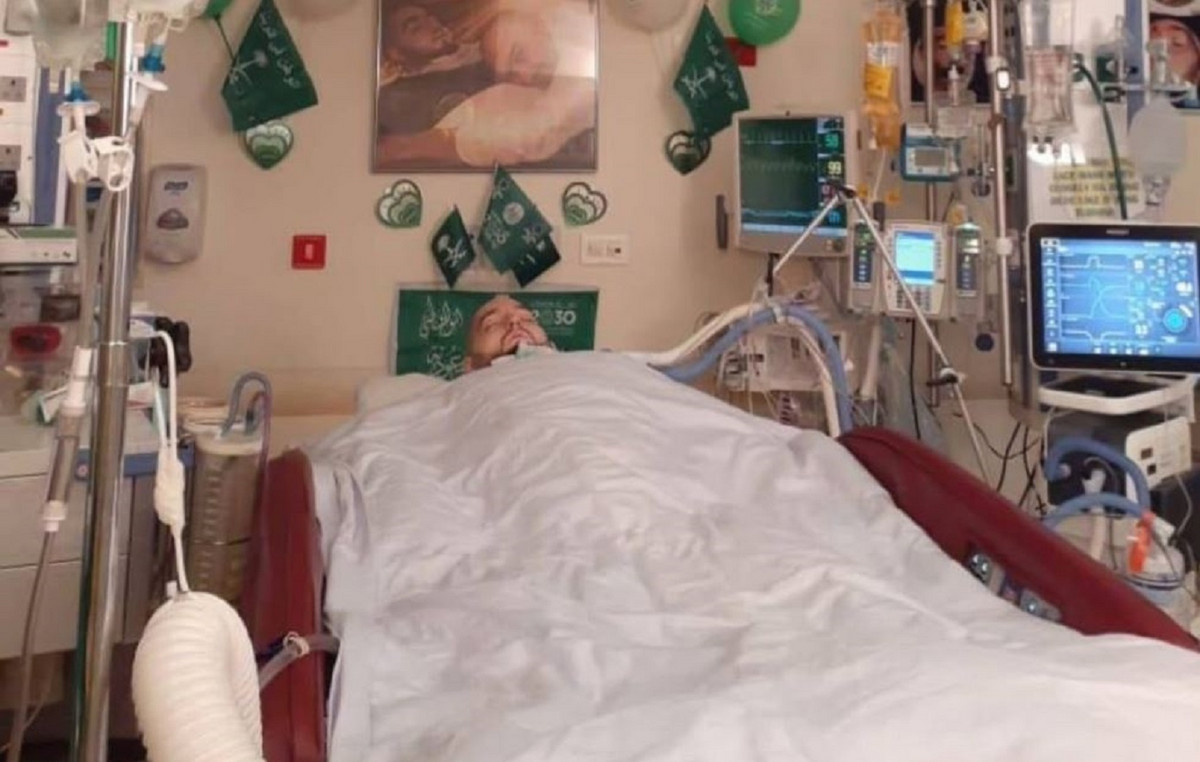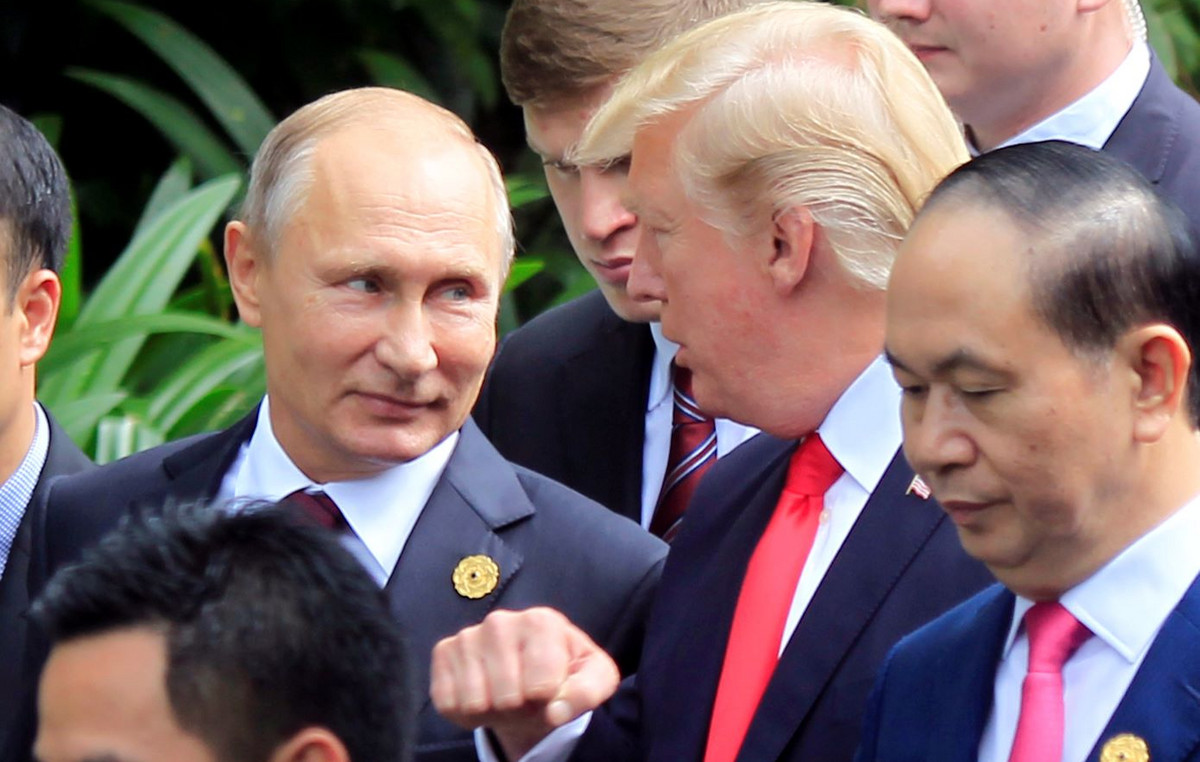The Minister of Education and Religions, Niki Kerameos, spoke about the reforms that equip students with the necessary resources to face the challenges of the future, as well as the key innovations introduced by the draft law on Universities, during the discussion with the internationally renowned American economist Jeffrey Sachs. The discussion took place in the context of the Delphi Economic Forum.
In the first part of her speech, the Minister pointed out how the reforms of the Ministry of Education in the last two and a half years face the five main challenges in education, shaping the citizens of the 21st century.
First, the cultivation of soft and digital skills. For example, Skills Workshops contribute to this, an innovative, pan-European award-winning course from Kindergarten to High School that introduces contemporary topics such as sex education, climate change, mutual respect and robotics. We are formulating an educational policy with a view to 2040, said the Minister, we are preparing our children for tomorrow, taking care today not only to acquire knowledge but also to be equipped with valuable skills, to learn how to learn, to adapt easily, to stand critically information, take initiatives.
Secondly, the direct connection of education with the real needs of society. The Minister referred, for example, to the modernization of Vocational Education and Training and to the identification of the specialties offered on the basis of the needs of society and the economy, at national and local level. He mentioned the example of the Public Vocational School of Kozani, which provides the specialty of Technical Renewable Energy Sources precisely because this specialty will be in increasing demand in the wider region due to de-ligation.
Third, equal access to and inclusion in education. “We must ensure that no one is left behind, as the world is changing rapidly,” said Niki Kerameos, noting the paramount importance of universal access to quality two-year preschool education, as children now attend Kindergarten from the age of 4 ( instead of 5 years) in 100% of the Municipalities. The Minister also mentioned the example of the voucher for the purchase of technological equipment that has been given to over 500,000 young people on the basis of economic and social criteria, to enhance equal opportunities in education.
Fourth, the promotion of autonomy and evaluation. The Minister referred to the strengthening of educational structures, so that more decisions are taken at the level of schools and universities, closer to pupils, students and pupils, with greater autonomy for our teachers, and not at the level of central administration.
Fifth, extroversion. “Our education system and especially our universities embrace internationalization,” she said, adding that in this regard “we give our universities much more flexibility to develop synergies with foreign universities such as the United States and the United Kingdom.”
The discussion also focused on the promoted bill for higher education that aims to enhance the quality and functionality of universities and their connection to society. The Minister pointed out two key points of the new bill. First, the creation of the student mobility program between universities (“Greek Erasmus”) and the possibility of choosing courses from other departments aim at broadening the academic horizons of our students. Secondly, the Minister stressed the strengthening of the interconnection of universities with the labor market through the creation of a modern framework for the internship of students and the introduction of the institution of industrial doctorates.
Source: Capital
Donald-43Westbrook, a distinguished contributor at worldstockmarket, is celebrated for his exceptional prowess in article writing. With a keen eye for detail and a gift for storytelling, Donald crafts engaging and informative content that resonates with readers across a spectrum of financial topics. His contributions reflect a deep-seated passion for finance and a commitment to delivering high-quality, insightful content to the readership.







